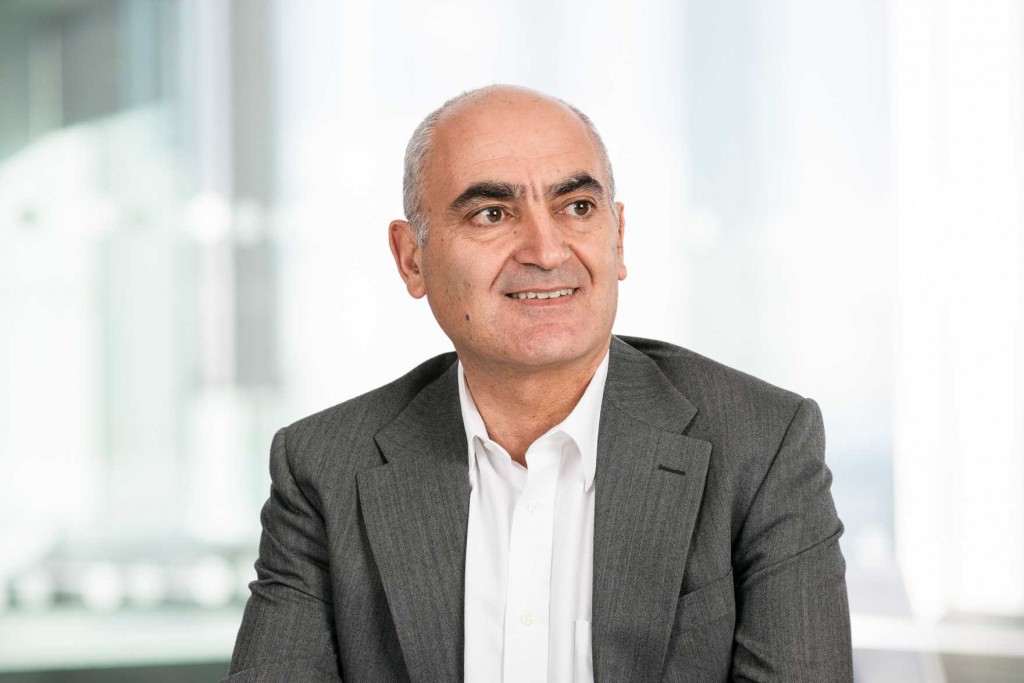GSK chairman discusses hopeful future for malaria vaccine

Moncef Slaoui, the Chairman of Vaccines for GlaxoSmithKline, spoke at Gettysburg about his work with vaccines for malaria. Photo credit: gsk.com
By Lana McDowell, Contributing Writer
Dr. Moncef Slaoui, Chairman of Vaccines at GlaxoSmithKline, visited campus on Sept. 15. In two presentations, he shared the long process of developing a vaccine for malaria, which began in 1984 and is expected to be available in late 2016.
Simple methods of prevention, such as mosquito nets and insecticide use, have shown modest success, but malaria continues to kill one child each minute. Medical scientists have long considered a malaria vaccine to be the best solution to this problem. However, significant biological obstacles have stood in the way of an effective vaccine.
In Phase II and III trials, the vaccine is, at most, 50% effective in preventing malaria cases and is only effective in children. However, since one person can contract malaria multiple times, the vaccine prevented as many as 6,000 malaria cases per 1,000 vaccines administered during some trials. Additionally, they plan to develop a vaccine with even higher efficacy in the future.
Conducting the development of the vaccine has cost around $600 million and the facilities for vaccine production will cost around 200 million USD. In order to provide the vaccines at no cost to the populations who need it most, GSK has agreed to sell the vaccine at production cost and the GAVI (The Global Alliance for Vaccines and Immunization) and Gates Foundation have agreed to pay for the vaccines.
Dr. Slaoui also announced the plan to form a biopreparedness committee, which will create vaccines for 70 pathogens that could possibly cause outbreaks, thereby avoiding outbreaks in the future.
